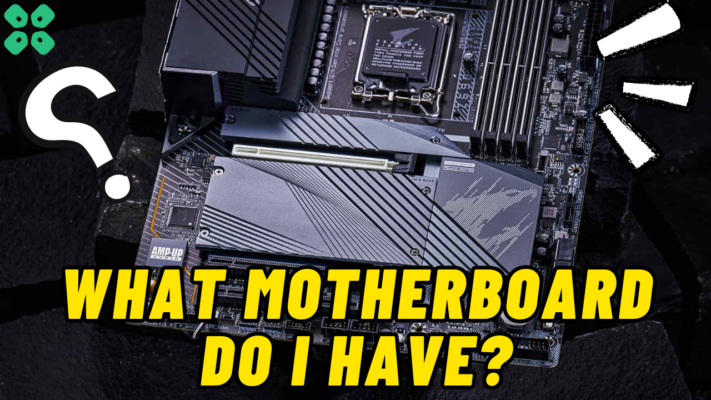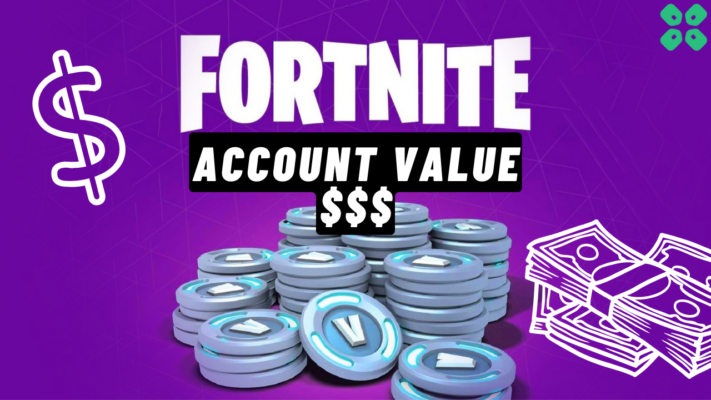In a world where online gaming has seamlessly blended into the fabric of entertainment, the issue of data protection is more important than ever. Gamers leave digital footprints that, if not carefully guarded, can lead to substantial privacy breaches and security threats. As a dedicated player, safeguarding your data is not only about securing your gaming accounts but also about protecting your online identity and digital activity. In this comprehensive guide, we will explore the various risks associated with online gaming and provide you with a toolkit for fortifying your digital defenses.
Understanding Data Risks
Before we can build a robust fortress for our data, it’s important to know what we’re protecting. In online gaming, a variety of data is at risk, including personal information, payment details, and game-related data like achievements and in-game purchases. Threats can manifest in different forms – from the straightforward hacking of an account to the more sophisticated methods of data interception.
Types of Data at Risk
- Personal Information: Your name, address, and date of birth may seem mundane, but in the wrong hands, they can be used to steal your identity.
- Financial Data: With the rise of in-game purchases and virtual currencies, financial data has become a hot target for cybercriminals.
- Game Profiles and Progress: Losing control of your game profile can not only mean losing your progress but also risking the resale of your assets in the gaming marketplace.
Common Threats in Online Gaming
- Account Takeovers: This is when a hacker gains unauthorized access to your gaming account by stealing your login credentials.
- Phishing Scams: Cybercriminals often disguise themselves as legitimate entities to trick players into revealing their personal information.
- Malware Attacks: Downloading third-party cheats or unofficial game mods can infect your system with malware designed to steal data.
Best Practices for Data Protection
To mitigate these risks, there are several best practices you can adopt to bolster your data security while gaming.
Strong Passwords
The age-old advice still stands strong – a complex password (with a mix of upper and lower case letters, numbers, and symbols) is the first line of defense against unauthorized access to your accounts.
Two-Factor Authentication
Enabling two-factor authentication offers an additional layer of security, as it requires something you know (your password) and something you have (such as a unique code sent to your mobile device).
Secure Wi-Fi Connection
Avoid gaming on public Wi-Fi networks, which are often less secure and more susceptible to interception. Use a password-protected home network for safer gameplay.
Avoiding Phishing Attempts
Always be skeptical of unsolicited messages or links, and never share your personal information in response to them. Legitimate companies will never ask for your password via email or chat.
Data Removal Services
Since online gaming involves sharing personal information, it’s essential to regularly delete any unnecessary data from your accounts and devices. There are Internet removal services you can use to ensure your data is permanently deleted. That way, even if your account is compromised, the damage will be minimal.
Privacy Settings and Permissions
Configuring the right privacy settings can restrict access to your data and keep your gaming experience secure.
Game-Specific Settings
Familiarize yourself with the privacy settings for each game you play. Adjusting these settings can control who sees your profile, what information is available, and who can contact you.
Third-Party Access Control
Avoid giving unnecessary permissions to third-party applications or services. Keep a close eye on what you’re authorizing and revoke permissions when they’re no longer needed.
Ensuring robust data protection during your online gaming adventures is not just about personal cybersecurity; it’s about keeping the digital world a safe and enjoyable space for all. The takeaways from this guide are vital components of a secure gaming experience. By adopting these best practices and staying informed, you empower yourself to enjoy your favorite titles with the peace of mind that your data is secure.
Safe gaming doesn’t have to be a hassle, but it does require diligence. Remember, you are the first and best line of defense when it comes to your data. Take the initiative, act with caution, and play on – with your data shielded from online threats.
Protecting your digital assets should be as ingrained in your gaming routine as leveling up or completing quests. Stay safe, stay secure, and keep enjoying the vibrant world of online gaming without fear of data interference.







